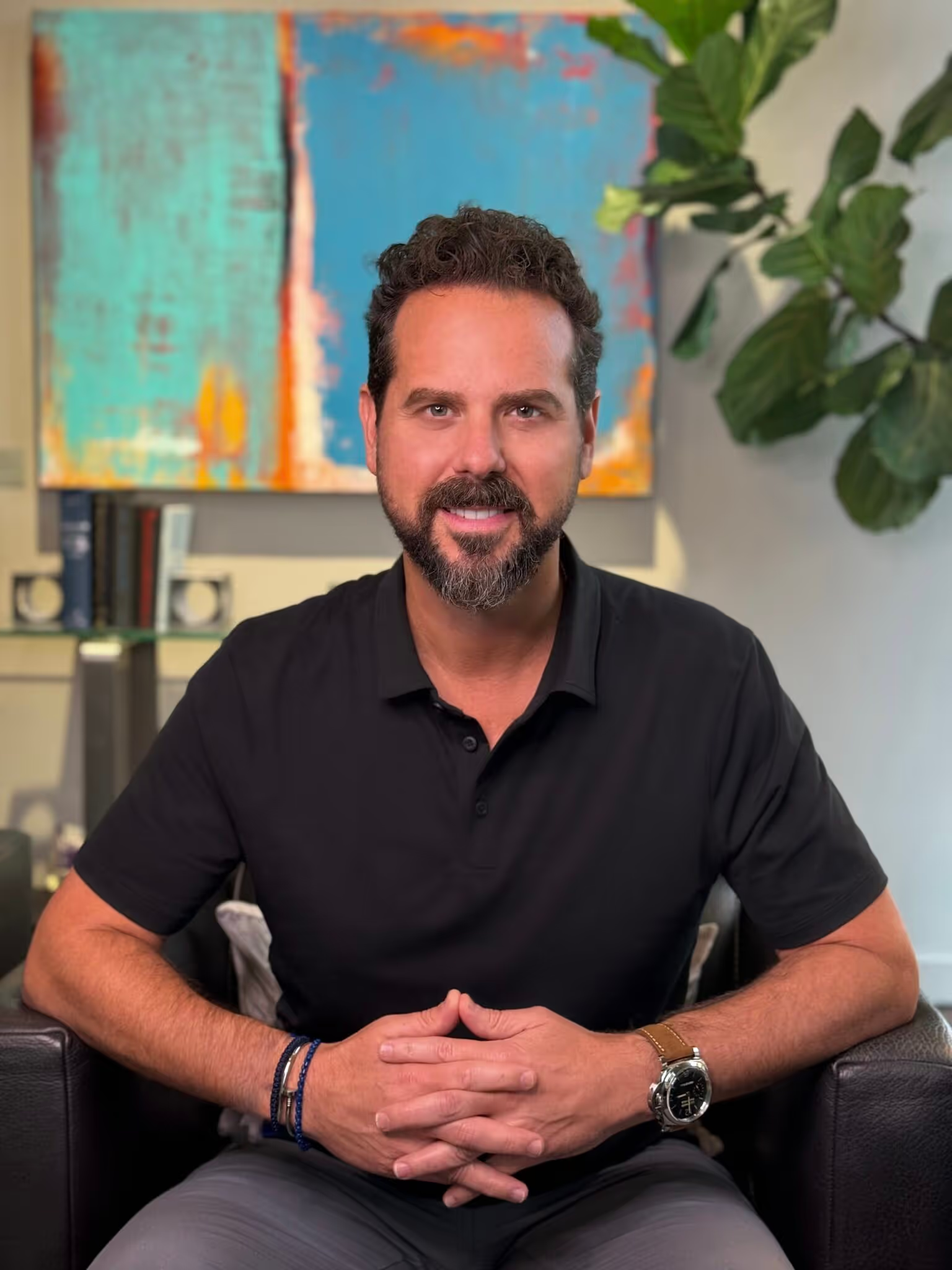7 Things You Never Knew About a Good Apology
“I’m sorry.” Those two words might be two of the most powerful words in the English language.
Saying “I’m sorry” is hard. When we’ve done harm to a relationship, whether it be something minor or something serious, we have to hold within ourselves a decent amount of self-worth in order to accept responsibility for our behavior.
Author Harriet Lerner describes a “non-apologizer” as someone who walks on a tightrope of defensiveness above a huge canyon of low self-esteem. Your starting point, for a true and healing apology, must come from within.
Part of feeling empowered to apologize comes from an understanding that owning your behavior and taking responsibility for your choices is something that is critical in healthy relationships. Holding yourself accountable to your own actions and taking ownership for the consequences of those actions or failures develops self-respect as well as the respect of others. This becomes the foundation for a healthy exchange during an apology.
We all make mistakes and poor choices. But a good apology can be deeply healing.
Here are seven things I bet you never knew about apologies and owning your behavior:
1. An apology is important to our mental and even physical health. Research shows that receiving an apology has a noticeable, positive physical effect on the body. Giving an apology can help release us from our own anger and prevents us from being stuck in the past.
2. It gets easier. Saying I’m sorry is something you can practice and work on. It will get less challenging with time.
3. The biggest no-no is adding on the word “but.” Don’t do it. Ever. “I’m sorry I made that joke that hurt your feelings, but…” It turns your sorry into a non-apology immediately. A true apology means your own your behavior without any excuse or add-on.
4. Owning our behavior earns respect. Whether at home or at work, when others see that we are willing to take responsibility for our mistakes, apologize for them and own up to our choices, we earn the respect of others.
5. Apologies increase empathy. When someone apologizes, we are often able to see them with more empathy. Their ability to be vulnerable enough to apologize opens the door for us to see that person’s humility – they become more human to us.
6. Don’t apologize if it isn’t sincere. This may seem obvious, but don’t ever apologize just because someone else tells you to or because you feel another person is expecting it. People can sense when they are being manipulated or when something it just simply a gesture to try to move forward.
7. Sets an example for your children. When your kids see you say “I’m sorry” to each other or experience you apologize to them – it helps them to understand how to make mistakes and deal with it properly.

